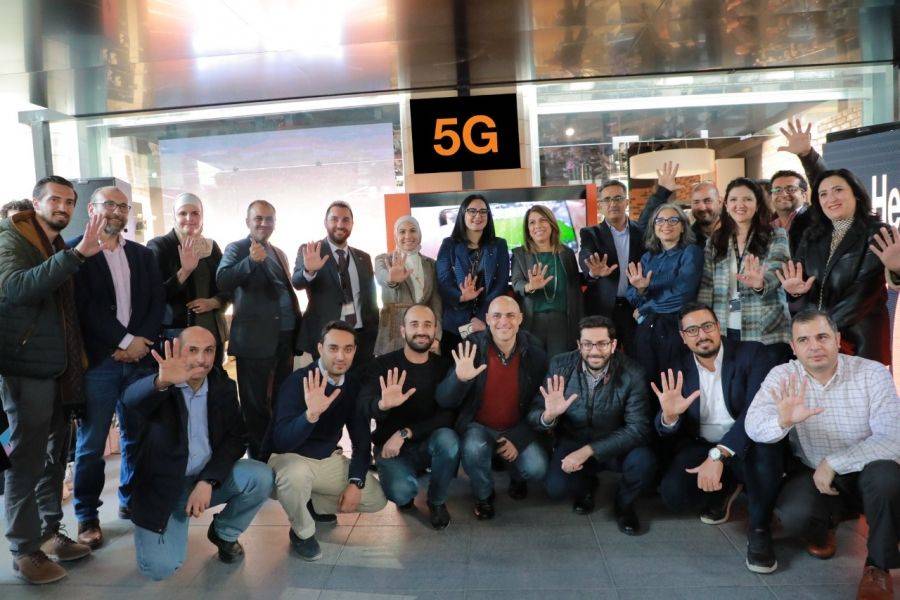Study Shows Mobile Money Can Accelerate Small Business Growth and Increase Employment in Jordan

Al-Anbat -
Mercy Corps and the Mastercard Center for Inclusive Growth release research on the significant economic opportunity for mobile payments in Jordan.
February 23, 2020, Amman, Jordan – The global organization Mercy Corps, in partnership with the Mastercard Center for Inclusive Growth, released a report on the Jordan Mobile Payments System (JoMoPay). The paper identified opportunities to dramatically increase economic growth in Jordan by developing new financial services that can meet the needs of Jordan’s small businesses and entrepreneurs.
The year-long study, Making Mobile Money Work for All: A Review of the Jordan Mobile Payments System, examined ways Jordan, a predominantly cash-based economy, would benefit from the widespread adoption of mobile payments, helping accelerate economic activity and ultimately boost employment. The study is based on interviews with merchants representing different backgrounds and locations in Jordan, from refugee home-based business owners in rural governorates to high-tech entrepreneurs in international business campuses in Amman.
"This research shows that by making mobile money systems sustainable, we essentially empower SMEs to grow, explore new revenue streams, and generate more job opportunities, thereby propelling economic growth,” said said Ramzy Al Amary, Mastercard’s Cluster Head in Levant. "When our understanding expands, our solutions for inclusivity multiply.”
"This is the first study to look at how the next generation of digital financial services such as mobile wallets could dramatically improve economic activity in the country,'' says Max Nichols, Mercy Corps’ co-author of the report.
"We look forward to using these findings to partner with the public and private sector on pilot programs in order to grow Jordan’s digital payment economy and accelerate inclusive growth, especially for small businesses and technology startups,” says Kari Diener, Country Director of Mercy Corps.
The report recommends payment service providers, policymakers, humanitarian agencies, and donors collaborate to develop digital financial services and provide incentives for merchants and customers to adopt mobile money. They range from incentivizing merchants, mandating interoperability, and supporting digital literacy programs.
Current innovations by merchants and users, such as bill-pay-facilitating agents and in-effect-remittances via companion cards, offer valuable data and insights to improve the user experience, and help design effective solutions that effectively address gaps.
The study also identified potential early adopters of JoMoPay products, such as logistics, transportation, technology-enabled businesses, and informal financial services. While over half of Jordan’s population reported borrowing money in 2017, only 17% did so from a formal financial institution.
JoMoPay launched in 2014 and Mastercard has supported the system’s development by providing consumers 'companion cards' linked to their mobile wallets. By allowing mobile money account holders who do not have a bank account to transact with e-commerce and Point of Sale (POS) systems without cash or bank accounts, simply by using a debit card, the solution drove financial inclusion in Jordan, while supporting its transition to becoming a cashless economy.








